TEMPO.CO, Jakarta - Israel has given the green light to a major settlement initiative in the occupied West Bank, a move widely seen as extremely damaging to the prospects of a future Palestinian state. Known as the E1 project, the plan has been on hold for over two decades due to international opposition, but is now advancing under Israel's right-wing government.
According to the India Times, the project proposes the construction of over 3,400 housing units in a 12-square-kilometer area east of Jerusalem, directly connecting the major Ma'ale Adumim settlement to the city.
What Does the E1 Area Entail?
E1 stands for East One and is considered one of the most sensitive areas in the West Bank. Jerusalem holds deep political and symbolic significance for Palestinian and Israeli residents as their respective capital, and development in this corridor would effectively sever connections between key Palestinian cities such as Ramallah and Bethlehem.
The area, located between East Jerusalem and the Ma'ale Adumim settlement, is crucial as it represents one of the last physical connections between the northern city of Ramallah and the southern city of Bethlehem. Currently, Palestinians are forced to take a longer detour through Israeli checkpoints to travel between these two cities, extending what should be a short journey.
The master plan for E1 was drawn up in 1999 and includes not only housing but also commercial areas, hotels, and a police headquarters. Some infrastructure, including roads and lighting, has been installed at an estimated cost of around NIS 200 million.
Palestinian residents warn that this project will deepen a system akin to apartheid. Currently, about three million Palestinians live under Israeli military rule in the West Bank and East Jerusalem, while over 700,000 Israeli settlers in these areas enjoy full citizenship rights.
Aviv Tatarsky, a researcher at the Israeli NGO Ir Amim, cited by the India Times, stated, "Today’s approval demonstrates how determined Israel is in pursuing what Minister Smotrich has described as a strategic program to bury the possibility of a Palestinian state and to effectively annex the West Bank."
How Does E1 Undermine the Establishment of a Palestinian State?
The E1 plan encompasses more than just residential areas, including zones earmarked for tourism, commercial business, public services, and even a completed police headquarters from 2008. B'Tselem warns that this development will restrict Palestinian access to privately owned land in the vicinity.
Finance Minister Bezalel Smotrich lauded the decision, viewing it as a direct challenge to states moving to recognize Palestinian statehood. He stated, "The Palestinian state is being erased from the table not with actions." He added, "Every settlement, every neighborhood, every housing unit is another nail in the coffin of this dangerous idea."
Prime Minister Benjamin Netanyahu has consistently opposed the establishment of a Palestinian state, emphasizing Israel's intent to maintain enduring control over the West Bank, East Jerusalem, and Gaza. While theoretically Israel could dismantle settlements, as it did in Gaza in 2005, many analysts doubt such a move would occur under the current government.
What Is the Stance of the United States?
The United States' position, historically a key balancer of settlement expansion, has shifted. While previous U.S. administrations opposed E1, the Trump administration has shown reduced concern, with Trump's ambassador to Israel, Mike Huckabee, dismissing the two-state solution as not a top priority.
Speaking on the Israeli Army Radio, Huckabee stressed that the decision on large-scale development in the E1 zone is solely an internal matter for the Israeli government.
Quoted by Middle East Monitor, Huckabee asserted that the action does not violate international law, stating that settlement construction is Israel's sovereign right.
Despite international protests, Huckabee stressed that the U.S. will not interfere in Israeli government decisions or dictate settlement policy. He underscored that it is not customary to deny Israelis the right to reside in areas under their control.
How Is the World Responding?
A coalition of 21 countries—including the UK, Australia, Japan, Belgium, Canada, Denmark, Estonia, Finland, France, Iceland, Ireland, and Italy—issued a joint statement condemning the settlement construction plan. They denounced the development as a violation of international law and called for an immediate halt to settlement expansion, as reported by Al Jazeera.
The settlement is deemed illegal under international law by most of the world and the United Nations. The Palestinian Authority, the European Commission, and UN Secretary-General Antonio Guterres have voiced strong opposition to the decision.
Currently, over 700,000 Israeli settlers reside in the West Bank and East Jerusalem. This expansion will increase this number and further solidify Israel's grip on the occupied territory, complicating peace negotiations. International leaders emphasize that settlements are obstacles to peace, economic development, and regional stability.
Jordan has condemned the plan as a blatant violation of Palestinian rights and international humanitarian law, stating that Israel's actions in the West Bank are null and void. The United Nations (UN) has echoed similar sentiments, urging Israel to cease all settlement construction and highlighting that this significantly impedes economic and social progress for Palestinians.
Editor’s Choice: Former UK PM Tony Blair Attends Trump's Post-War Gaza Meeting
Click here to get the latest news updates from Tempo on Google News

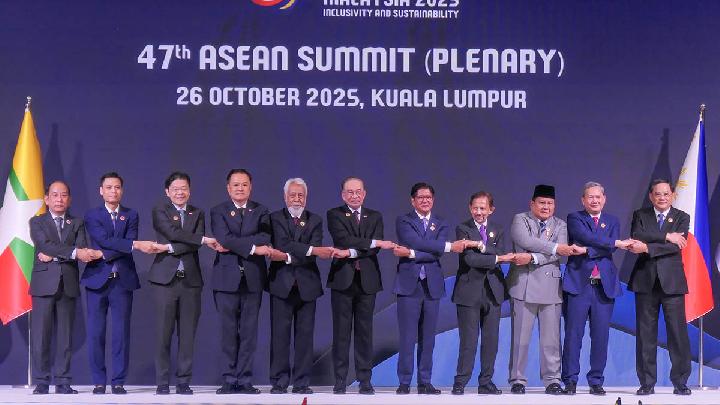


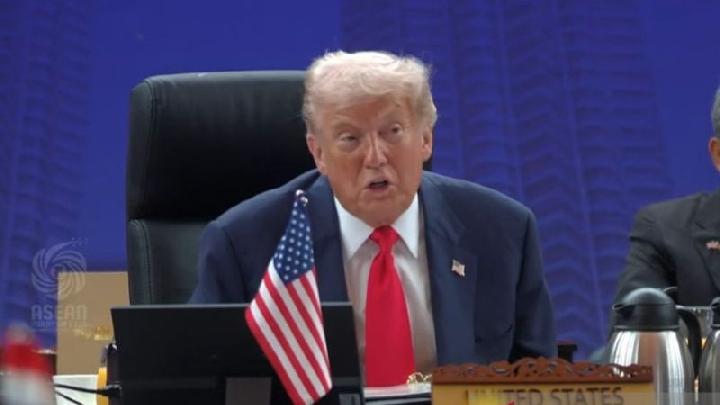

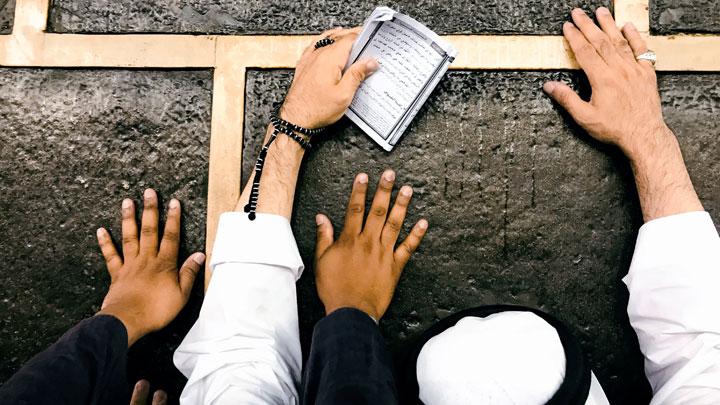









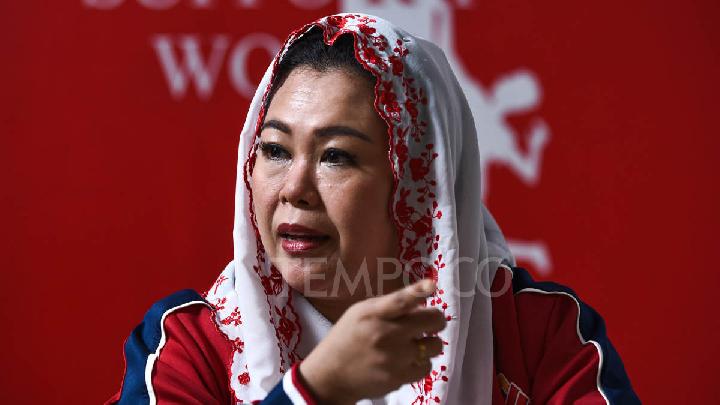
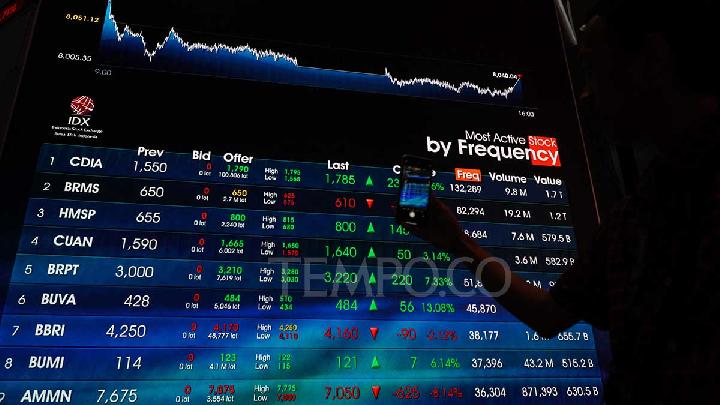

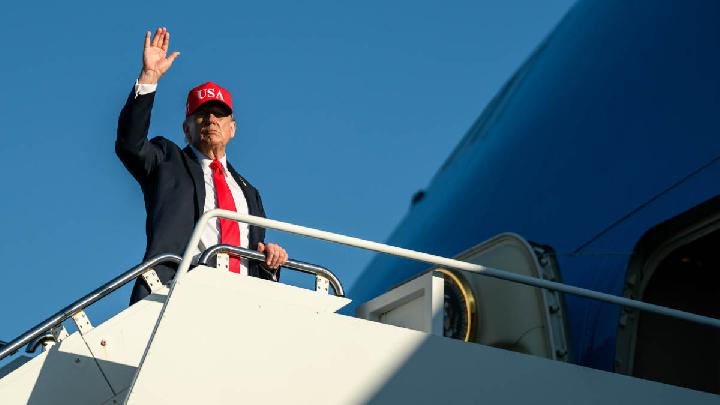













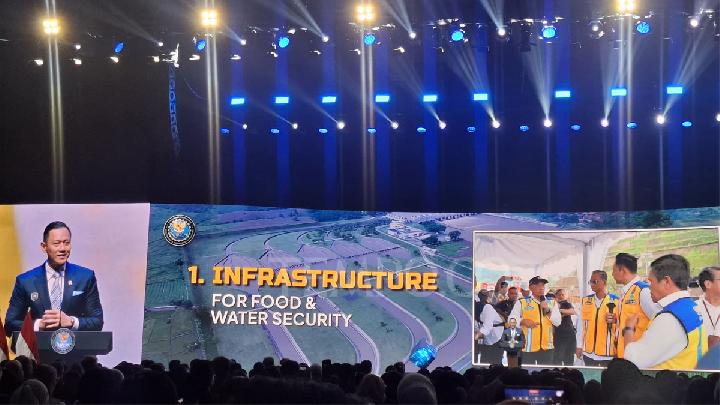


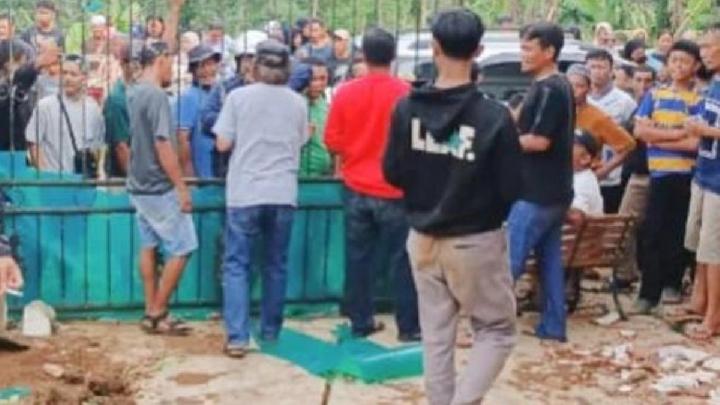
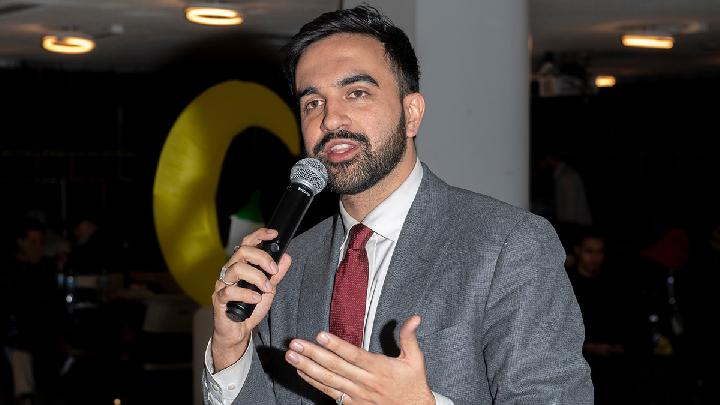



:strip_icc():format(jpeg)/kly-media-production/medias/4959986/original/038884300_1728016058-xavier-mouton-photographie-ry_sD0P1ZL0-unsplash.jpg)
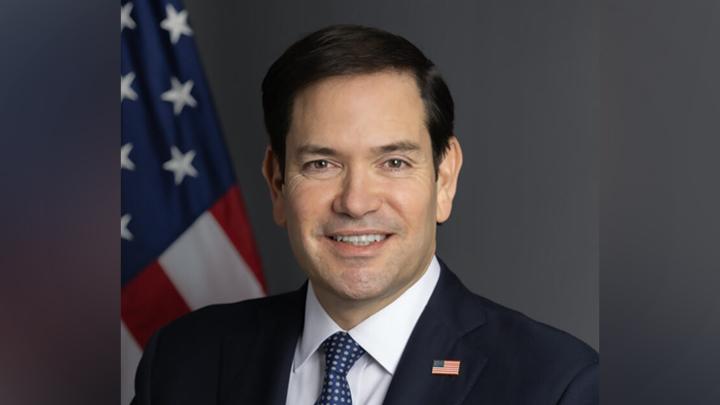

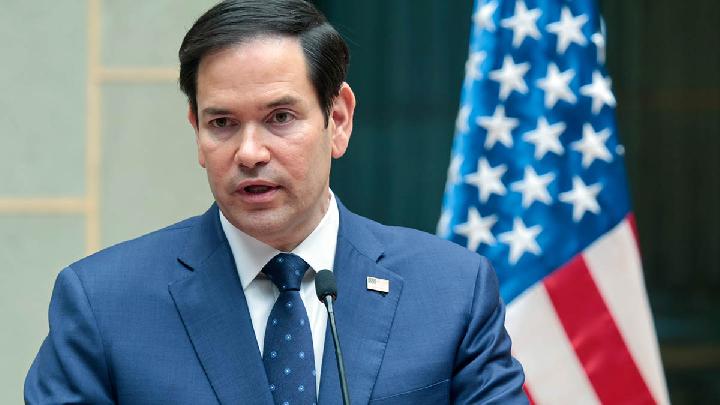
:strip_icc():format(jpeg)/kly-media-production/medias/5096393/original/071176000_1737004609-Screenshot_2025-01-16_120239.jpg)


:strip_icc():format(jpeg)/kly-media-production/medias/3395224/original/007940700_1615106339-WhatsApp_Image_2021-03-07_at_8.41.57_AM.jpeg)

